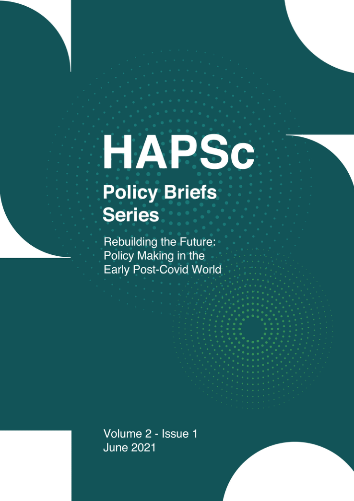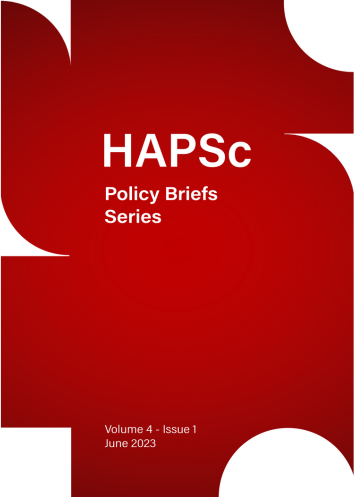Internal Security vs. Democratic Freedoms: The Problematic in Dealing with the Case of Religious Terrorism in European States
Resumen
Undoubtedly, the last decades have been marked by the growing effort of nations to reduce the effects of terrorism, a consequence of the rise of religious fundamentalism. To this end, it is observed that many European countries have been taking measures to ensure their national security, endangering certain democratic rights. By reviewing the policies of some European states against terrorism, the present brief attempts to determine the relation between the level of security of a state and the degree of restriction of democratic freedoms, within the political context of the state in question.
Article Details
- Cómo citar
-
Kyrgos, Z. S., Pantazis, D. G., & Kalasountas, S. T. (2020). Internal Security vs. Democratic Freedoms: The Problematic in Dealing with the Case of Religious Terrorism in European States. HAPSc Policy Briefs Series, 1(2), 42–50. https://doi.org/10.12681/hapscpbs.26475
- Sección
- Articles

Esta obra está bajo una licencia internacional Creative Commons Atribución 4.0.
Authors retain copyright and grant the journal right of first publication with the work simultaneously licensed under a Creative Commons Attribution License that allows others to share the work with an acknowledgement of the work's authorship and initial publication in this journal.




